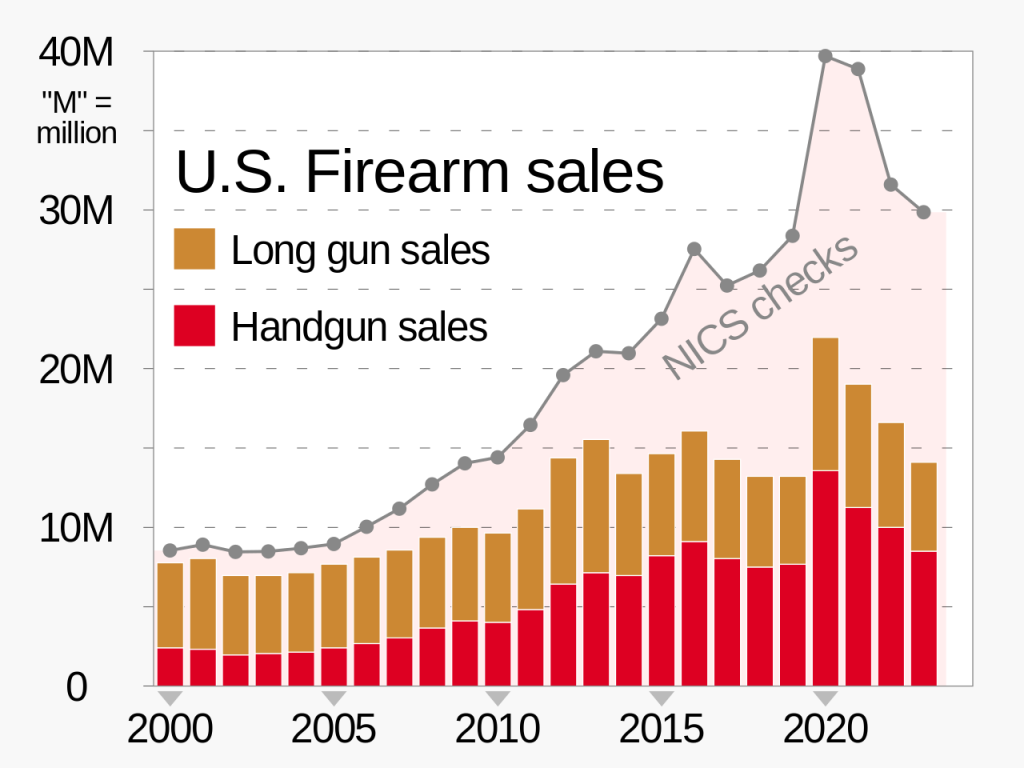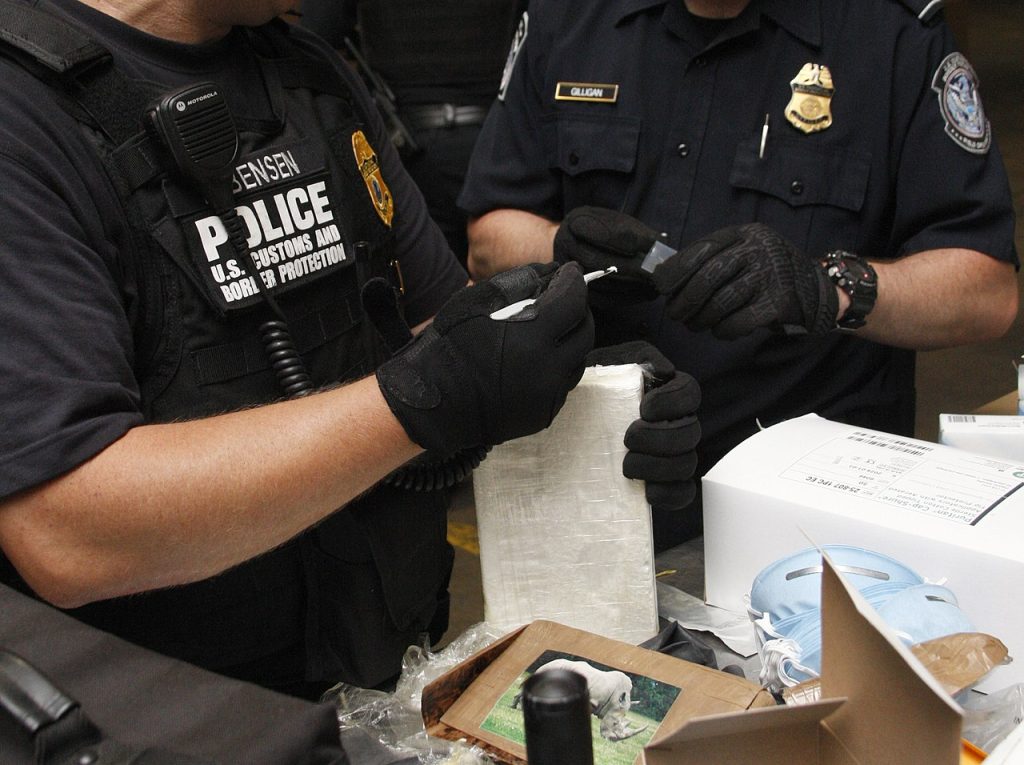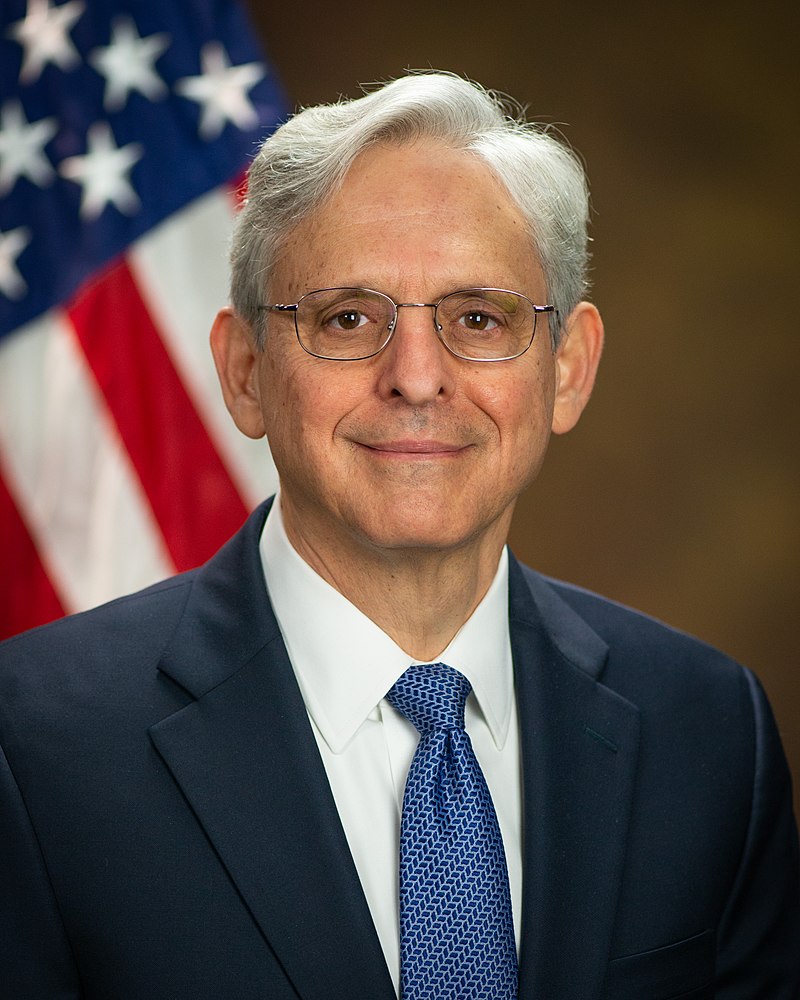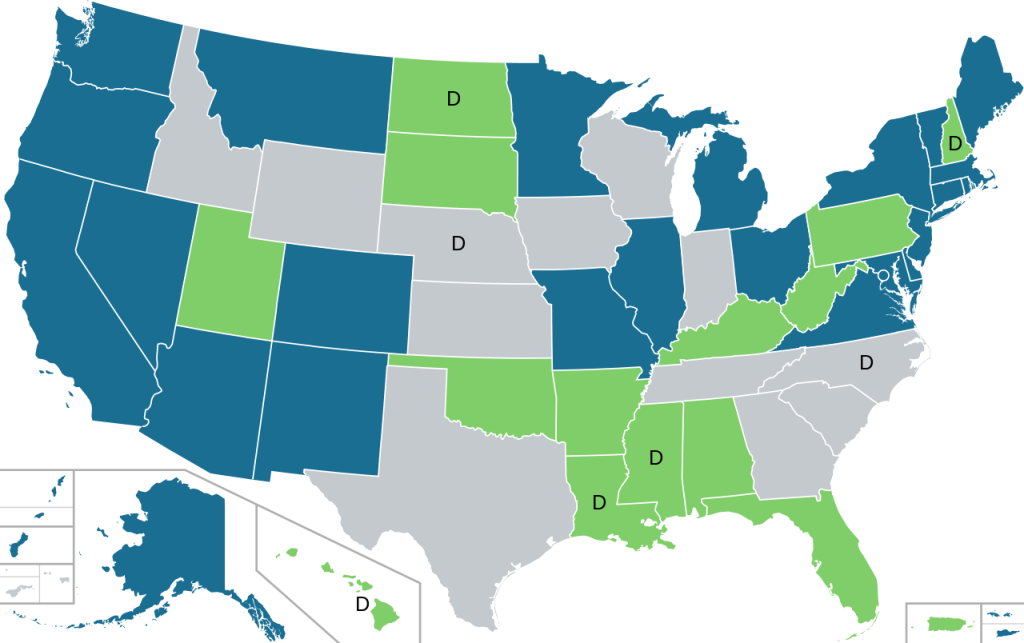As President Biden’s son, Hunter Biden, faces federal gun charges this week, the implications for gun advocates could be more profound than they might initially assume. The charges, rooted in allegedly false statements about his illegal drug use when purchasing a Colt revolver in 2018, may pave the way for increased scrutiny on gun ownership in the United States. Considering that a third of firearm buyers with prior alcohol convictions go on to commit a violent or firearm-related offense this could be the gateway that allows states to deny gun ownership to any who by their definition are addicted to alcohol.

The trial begins Monday in federal court in Delaware, marking the first of two cases brought by Justice Department special counsel David Weiss against Hunter Biden. The second case, involving tax charges, is set for trial in September in California. In the gun case, Hunter Biden faces three counts: two for allegedly lying about his drug use when purchasing a firearm, and one for unlawful possession of a gun by a drug user or addict. He has pleaded not guilty.

The timing of this trial, amid an election year, could hold significant political implications for the 2024 presidential race. While Hunter Biden is not running for office, Republicans have sought to leverage his legal issues and foreign business dealings to politically damage President Biden. However, gun advocates hoping for a conviction may need to consider the broader consequences. Do 2nd amendment supporters really want their NICS check heavily scrutinized?

Hunter Biden’s case centers on a Colt Cobra revolver he bought at a Wilmington gun store in October 2018. Prosecutors allege he lied on a background check form by denying his illegal drug use. The case, rooted in a difficult period for Hunter Biden following his brother Beau’s death and during his addiction to crack cocaine and alcohol, will inevitably bring up deeply personal episodes for the Biden family.

Prosecutors plan to call around a dozen witnesses, including Hunter’s ex-wife Kathleen Buhle and his brother’s widow Hallie Biden, who was romantically involved with Hunter after Beau’s death. Notably, Hallie Biden found the gun and disposed of it in a dumpster shortly after Hunter purchased it. The gun was later discovered by a man collecting recyclables, who alerted law enforcement.

The prosecution also intends to use excerpts from Hunter Biden’s memoir, where he discusses his addiction, and his own text messages referencing his drug use. This evidence aims to underscore the charges that Hunter Biden was not forthcoming about his substance abuse when purchasing the firearm.

Less than a year ago, it seemed Hunter Biden might avoid trial entirely through a tentative deal to plead guilty to tax charges and enter a diversion agreement on the gun offenses, which would have allowed him to avoid trial. However, this deal fell apart in court due to concerns from U.S. District Judge Maryellen Noreika. Attorney General Merrick Garland subsequently appointed Weiss as special counsel, leading to the current prosecutions.

Hunter Biden’s attorney, Abbe Lowell, has argued for case dismissal on various grounds, but these motions have been denied. Lowell contends that such gun charges are rarely, if ever, pursued under similar circumstances and accuses Weiss of yielding to Republican pressure. The ramifications if everyone who fell under the legal definition of an addict had their gun background checks scrutinized could be Pandora’s box for 2nd amendment advocates. The would apply to prescription drugs and cannabis use that is legal in may jurisdictions but still a controlled substance under federal law.

For gun advocates, the hope for a conviction in this case might be shortsighted. If Hunter Biden is convicted on these charges—charges that many ordinary citizens might not face under similar circumstances—it could set a precedent for more stringent enforcement of gun laws.

This case may prompt increased scrutiny and regulatory measures that could impact gun owners broadly, leading to a legal environment where gun purchases and ownership come under more rigorous examination.





